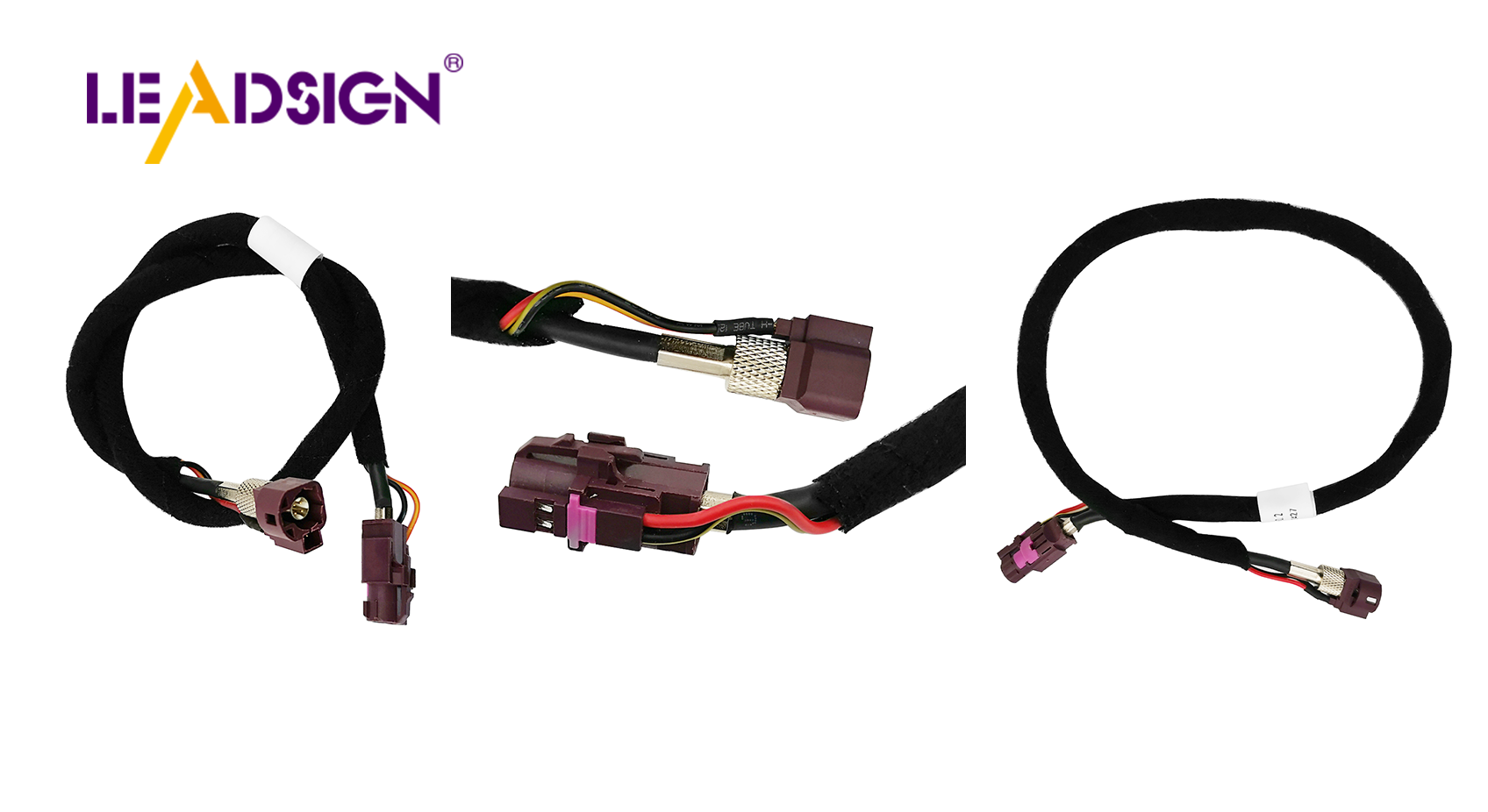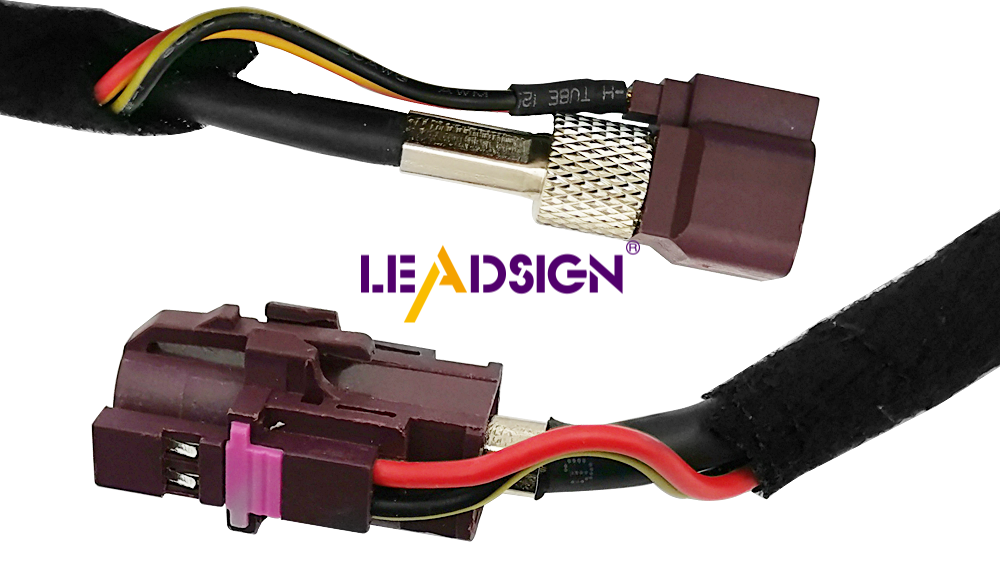Expert Tips for Automotive Electrical Connectors Types

Car wire connector types are very important for your car's systems. They help power and signals move easily between parts. Without good connectors, your car might not work well or stop working. You may face problems with different car wire connector types in cars. These problems include making sure they fit, last long, and are installed right. Knowing these things helps keep your car safe and running well. Picking the right car wire connector types can stop issues and make your car work better.
Understanding Car Electrical Connectors
Basic Ideas
What They Are and Do
Car electrical connectors link parts in your car. They let power and signals move so things like lights work well. Without them, your car's electric parts can't talk to each other.
Why They're Important
You might ask why these are important. They make sure each part gets the right power and info. This keeps your car safe and working well. Using the right ones lowers the chance of problems that can cost a lot or cause accidents.
Main Parts
Terminals
Terminals are metal bits inside connectors that touch wires. They help electricity flow. Keep them clean to keep a good connection.
Housings
Housings are outer covers protecting terminals. They block dirt and water from getting in. Pick strong housings that fit your car well.
Seals
Seals add extra protection by keeping out dust and water. They're key in tough places with lots of weather changes. Check seals often for damage and change them if needed for best results.
Types of Automotive Electrical Connectors

Blade Connectors
Features and Uses
Blade connectors are flat metal pieces. They slide into slots. They're common in cars for secure connections. You see them in lights and fuse boxes.
Pros and Cons
Blade connectors are easy to use. They connect well but might loosen over time. They don't handle high currents as well.
Pin Connectors
Features and Uses
Pin connectors have a pin-and-socket design. They're used where stable connections are needed, like engines and sensors.
Pros and Cons
Pin connectors stay strong against vibrations. They're harder to connect, needing tools sometimes.
Car Wire Connector Types
Features and Uses
Car wire connectors include blade, pin, and more. Each type has a job, like power or signals.
Pros and Cons
Different types have benefits like easy use or strength. Wrong choices can cause problems like overheating.
Picking the Right Connector
Things to Think About
Environment
Think about where your car is used. Heat and water can harm connectors. Pick ones that handle heat and water well. This helps them last longer in tough spots.
Electrical Needs
Check voltage and current levels. Connectors should meet or beat wire needs. This stops overheating and breaking. Always match connectors to wire size for safety.
Good Habits
Checking Fit
Ensure connectors fit with other parts. Follow common standards. This avoids mismatches and keeps everything working smoothly.
Care Tips
Check connectors often for damage. Clean them to keep connections strong. Replace broken parts quickly. This keeps your car's electric system working well.
Common Problems and Fixes
Finding Issues
Signs of Damage
Watch for wear in car connectors. Look for green or white powder. Check for broken terminals. Loose connections can cause flickering lights. Smell for burning plastic; it means overheating.
Testing and Checking
Test connectors to find problems early. Test connectors to find problems. Use a multimeter to check flow. Look at connectors for damage. Wiggle them gently to see if loose. Fix issues quickly to stop more damage.
Solutions
Fixing Methods
Fixing connectors saves time and money. Fixing connectors saves time. Clean corroded parts with a brush. Tighten loose connections by adjusting them. Use tape on small exposed wires. Make sure repairs are secure.
Replacement Tips
Sometimes replacing is best. Pick connectors like the originals. Ensure they fit well with parts. Follow instructions to install them right. Double-check they are secure after replacing.
Automotive electrical connectors are very important. You learned about their types and features. Picking the right ones for your car is key. Remember these points:
Know why connectors matter for your car's performance.
Find out the different types and what they do.
Select connectors that fit your car's conditions and power needs.
Use these tips to keep your car running well and safely. Check them often to maintain your vehicle's electrical system in good shape.
See Also
Navigating Ford Fakra Connectors: A Comprehensive Overview
Essential HSD Connectors in Automotive Sector Simplified
Significance of FAKRA Connectors in Auto Implementations

